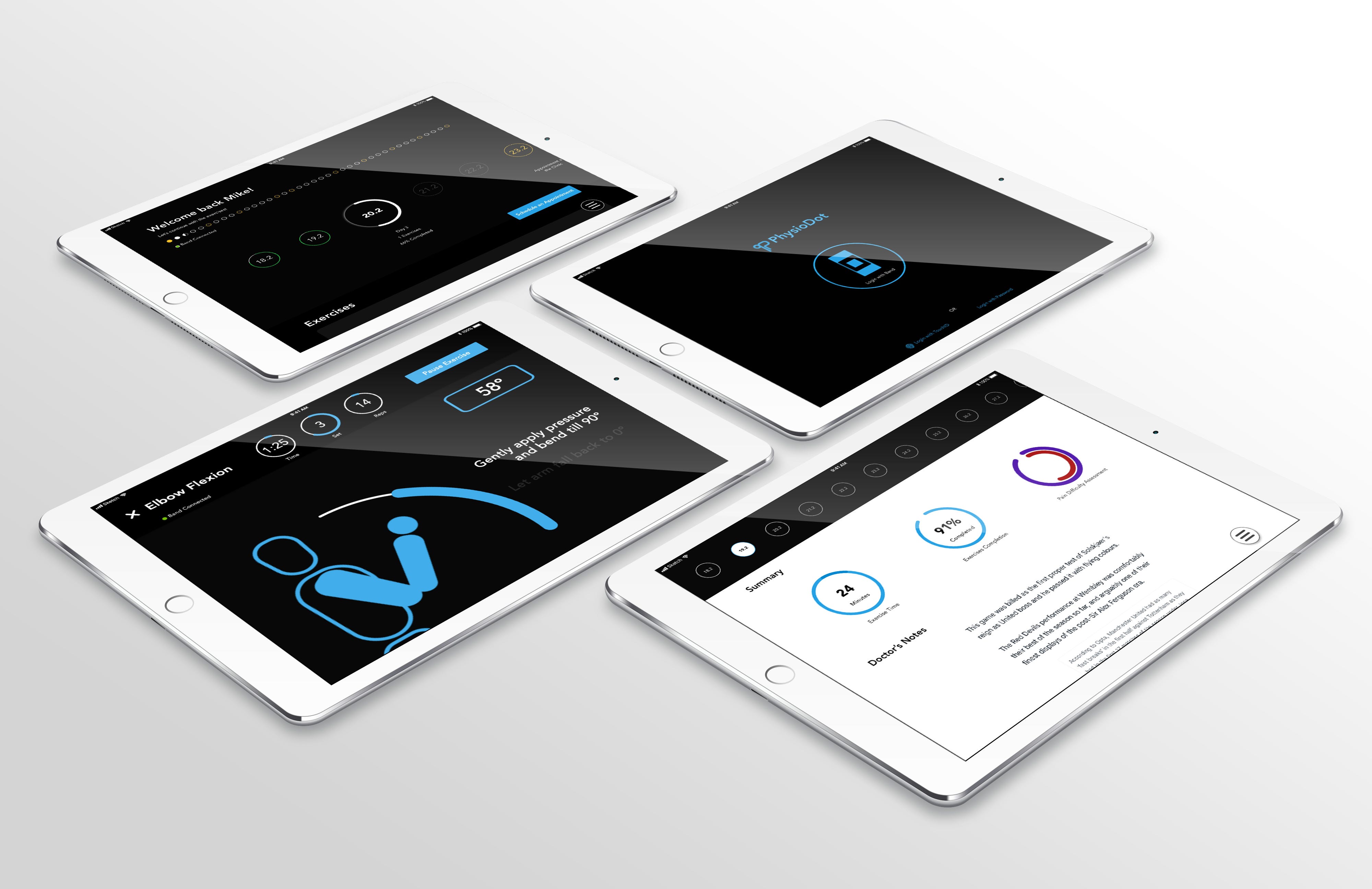Essential Sleep Hygiene Habits for Better Rest
In the hustle and bustle of modern life, getting a good night’s sleep can often feel like a luxury. However, prioritizing sleep hygiene is essential for overall well-being. By adopting simple yet effective habits, you can improve the quality of your rest and wake up feeling refreshed and rejuvenated.
Creating a Relaxing Sleep Environment
Your sleep environment plays a crucial role in the quality of your rest. Start by optimizing your bedroom for sleep. Keep the room cool, dark, and quiet to promote relaxation. Invest in a comfortable mattress and pillows that support your body and help prevent discomfort during the night. Additionally, consider using white noise machines or earplugs to block out any disruptive sounds that may disturb your sleep.
Establishing a Consistent Sleep Schedule
Maintaining a regular sleep schedule is key to regulating your body’s internal clock and optimizing sleep quality. Aim to go to bed and wake up at the same time every day, even on weekends. This helps synchronize your sleep-wake cycle and promotes deeper, more restorative sleep. Avoiding naps during the day can also help regulate your sleep schedule and prevent nighttime sleep disturbances.
Limiting Screen Time Before Bed
The blue light emitted by smartphones, tablets, and computers can interfere with your body’s natural sleep-wake cycle, making it harder to fall asleep. To promote better sleep hygiene, limit screen time in the hour leading up to bedtime. Instead, engage in relaxing activities such as reading a book, taking a warm bath, or practicing gentle yoga stretches to unwind and prepare your body for sleep.
Practicing Relaxation Techniques
Incorporating relaxation techniques into your bedtime routine can help calm your mind and prepare your body for sleep. Deep breathing exercises, progressive muscle relaxation, and guided imagery are all effective ways to reduce stress and promote relaxation before bed. Experiment with different techniques to find what works best for you and make them a regular part of your nightly routine.
Avoiding Stimulants Before Bed
Caffeine, nicotine, and alcohol can all interfere with your ability to fall asleep and stay asleep throughout the night. To promote better sleep hygiene, avoid consuming stimulants in the hours leading up to bedtime. Instead, opt for herbal teas or warm milk, which can help relax your body and promote feelings of drowsiness.
Creating a Bedtime Ritual
Establishing a consistent bedtime ritual can signal to your body that it’s time to wind down and prepare for sleep. Whether it’s taking a warm bath, practicing gentle stretches, or enjoying a cup of herbal tea, find activities that help you relax and unwind before bed. By sticking to a regular bedtime routine, you can train your body to recognize when it’s time to sleep and improve the quality of your rest.
Monitoring Your Sleep Environment
Regularly evaluating your sleep environment can help identify any factors that may be disrupting your sleep. Keep track of noise levels, temperature, and comfort to ensure that your bedroom is conducive to restful sleep. Making small adjustments, such as investing in blackout curtains or using a white noise machine, can make a big difference in the quality of your sleep.
Seeking Professional Help if Needed
If you continue to struggle with sleep despite implementing healthy sleep hygiene habits, it may be time to seek professional help. A sleep specialist can help identify underlying sleep disorders or medical conditions that may be contributing to your sleep problems and recommend personalized treatment options to improve your sleep quality.
Conclusion
Prioritizing sleep hygiene is essential for overall health and well-being. By creating a relaxing sleep environment, establishing a consistent sleep schedule, limiting screen time before bed, practicing relaxation techniques, avoiding stimulants, creating a bedtime ritual, monitoring your sleep environment, and seeking professional help if needed, you can improve the quality of your rest and wake up feeling refreshed and rejuvenated each day. Read more about Sleep hygiene tips


